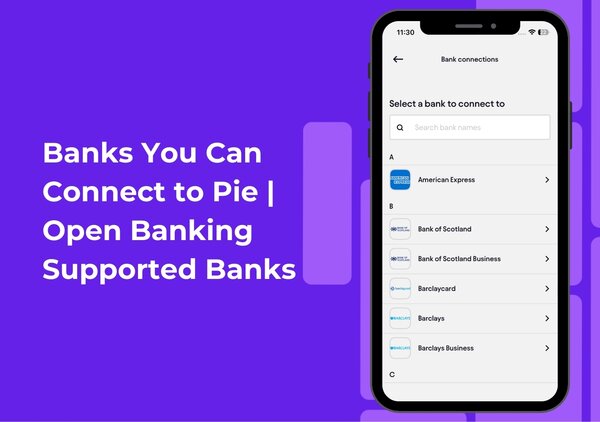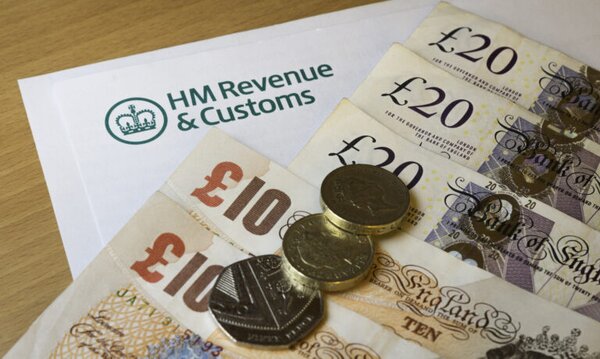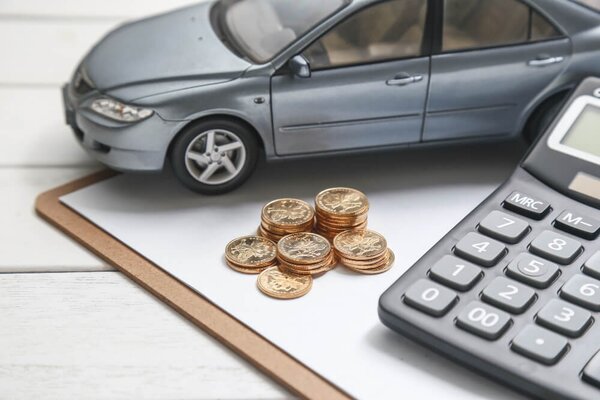Let’s Break This Down Together…
Earning money through online marketplaces, gig work, or payment platforms? From January 2025, HMRC will start getting your transaction data directly from the platforms you use.
From selling on eBay or Etsy to renting out a spare room on Airbnb, these new reporting rules could mean HMRC knows more about your online earnings than you realise.
In 2025, HMRC’s data collection powers expand dramatically across digital platforms and other online platforms. Digital marketplaces and payment processors will automatically report seller transactions to the tax authority.
The new rules aim to close the £32 billion UK tax gap by targeting the digital economy. Whether you’re selling on eBay, delivering food, renting out a holiday home, or running any kind of side hustle, these activities are now under greater scrutiny.

Introduction to the Changes
The UK’s tax landscape is undergoing a major transformation with the introduction of new rules for digital platforms, designed to tackle tax evasion and create a fairer system for taxing online sales.
From January 2024, digital platforms such as eBay, Vinted, and Airbnb are now required to share detailed sales data with HMRC. This includes information about sellers’ income, sales activity, and account details, making it easier for tax authorities to identify who needs to pay tax on their online earnings.
These new reporting requirements are part of a global initiative led by the Organisation for Economic Co-operation and Development (OECD), aiming to boost economic cooperation and development among countries.
By requiring digital platforms to share sales data, the UK is joining a worldwide effort to ensure that everyone involved in online selling, providing services online, or running a side hustle is meeting their tax obligations.
If you’re an online seller, it’s more important than ever to understand your tax position. The £1,000 trading allowance per tax year still applies, but if your side hustle income or online sales exceed this threshold, you may need to register for self assessment and complete a tax return.
Keeping accurate records of your earnings, sales, and any business expenses is essential to ensure you pay the correct amount of tax and avoid penalties under the new rules.
The sharing of sales data between digital platforms and HMRC is a significant step in tackling tax evasion and making sure all businesses and individuals are taxed fairly.
It also gives online sellers the chance to review their taxable income, take advantage of available allowances, and deduct legitimate expenses related to their business or services. Seeking expert advice can help you navigate these recent changes and make sure you’re fully compliant with the new reporting requirements.
As digital platforms adapt to these new rules, the way online sellers interact with tax authorities is changing. With economic cooperation and development continuing to evolve, further updates to tax rules and reporting requirements are likely in the future.
For now, staying informed and proactive is the best way to protect your business and avoid any unexpected penalties.
In the next sections, we’ll break down the specifics of the new rules, what digital platforms are required to do, and what steps you need to take as an online seller.
Whether you’re selling on eBay, delivering food, renting out a holiday home, or running any kind of side hustle, understanding these changes will help you stay compliant, pay the right amount of tax, and make the most of your online business.
What Are the HMRC Platform Reporting Rules for 2025?
The new rules stem from EU and OECD initiatives requiring digital platforms to report seller income directly to tax authorities. These platforms generate reports on user transactions for HMRC. They apply to both UK and non-UK platforms with UK sellers.
These regulations implement what’s known as DAC7 and the OECD Model Rules. They cover goods, services, property rentals and transportation services sold online, including any paid for service provided through these platforms.
Most platforms face a first reporting deadline of 31 January 2025, covering transactions from 2024. The rules also enable automatic exchange of data between international tax authorities.
Sellers may need to consider registering for self-assessment if their online income exceeds the relevant thresholds.

Which Online Marketplaces Must Report to HMRC?
Each digital platform is required to report data to HMRC.
Amazon, eBay and Etsy will be reporting your sales data to HMRC. If you sell products through these popular marketplaces, your transaction history and profits from sales will be shared.
Property rental platforms like Airbnb and Booking.com must report on hosts’ rental income. This includes short-term lets and holiday accommodations.
Gig economy platforms such as Uber, Bolt and Deliveroo will share driver and courier earnings. Freelance marketplaces including Fiverr and Upwork will report on service providers.
Even social selling platforms like Facebook Marketplace fall under these rules. Occasional sales of unwanted items or personal possessions, especially if under £6,000, are generally not taxable and may not be reported, but regular or high-value sales are typically reported.
Digital content platforms such as Patreon and OnlyFans will also share creator earnings.
Payment Platforms Sharing Data with HMRC
PayPal is implementing new reporting requirements for UK users. They’ll share transaction data that exceeds the reporting thresholds.
Stripe is adding enhanced seller verification processes to comply with the rules. They’ll report on payments processed for qualifying sellers.
Other payment services like Wise (formerly TransferWise) will share relevant transaction data. Cryptocurrency exchanges must report on crypto sales that meet the criteria.
Traditional payment processors including Worldpay and SumUp are covered too. Even mobile payment services like Apple Pay and Google Pay will report qualifying transactions.
Income received through these payment platforms may count as additional income and could be subject to income tax. Users should be aware of their obligations for paying tax on any additional income earned through these channels.
What Seller Information Will Be Shared?
Personal details including your name, address, date of birth and tax identification numbers will be shared. This helps HMRC match platform income to tax records.
Your bank account information and payment details will be reported. Platforms will also share the number of transactions and total payments you've received.
For property rentals, details about your listings will be included. This covers location, rental periods and property identification.
Platforms will report fees, commissions and any taxes they've withheld. They'll also share your verification status and identity document information.
Thresholds and Exemptions from Platform Reporting
Reporting is triggered when you exceed 30 transactions AND €2,000 (about £1,700) in annual income on a platform. Below both thresholds, you might be exempt. However, individuals who regularly exceed these thresholds may also need to register as self employed for tax purposes.
Large businesses that are already VAT-registered face simplified requirements. The rules acknowledge they’re likely already compliant with tax obligations.
Government entities and publicly listed companies have specific exemptions. Platform employees aren’t subject to these platform reporting rules.
Property rentals have some special rules with different thresholds in certain cases. These vary based on the type of property and rental arrangement.

How This Affects Your Tax Obligations
The £1,000 trading allowance still applies, but transactions are now visible to HMRC. Similarly, the property income allowance remains £1,000.
Self-assessment requirements haven’t changed, but HMRC will cross-reference your declarations. This makes accurate reporting more important than ever.
There are Capital Gains Tax implications if you sell goods at a profit. The VAT registration threshold (£90,000 from April 2024) still applies as before.
I recently helped a client who’d been selling vintage clothing on eBay for years without declaring income. She was shocked to learn HMRC would soon see every transaction automatically.
Penalties for non-disclosure are increasing with platform data available to HMRC. The tax authority will have much better visibility of your online income.
For further information on calculating gains or losses from cryptocurrency transactions or other complex tax scenarios, consult HMRC’s official guidance or speak to a qualified tax adviser.
Final Thoughts
Platform reporting represents HMRC's biggest data collection expansion in years. It brings previously hidden income streams into the light.
Side hustlers and casual sellers should prepare for increased visibility of their online income. Even small earnings might trigger reporting requirements.
The 2025 implementation gives sellers time to get their tax affairs in order. This window is valuable for understanding your obligations before automatic reporting begins.
Even if you're below reporting thresholds, keeping good income records is increasingly important. HMRC's data-driven approach to tax compliance is here to stay.
Pie tax: Simplifying Platform Reporting Tax
Our real-time tax dashboard shows exactly what HMRC will see from platforms, helping you stay ahead of reporting requirements. We specialise in helping digital sellers, freelancers and property hosts navigate the new rules.
You can connect multiple income streams in one place, seeing your tax position across different platforms instantly. This gives you a clear picture of your tax liability before HMRC even receives the data.
With Pie tax, you'll know which of your platforms are sharing data and what that means for your tax bill. Explore the Pie tax app if you'd like to see how it works.











